Unlock Your Fitness Potential: Expert-Approved Trackers for Every Lifestyle
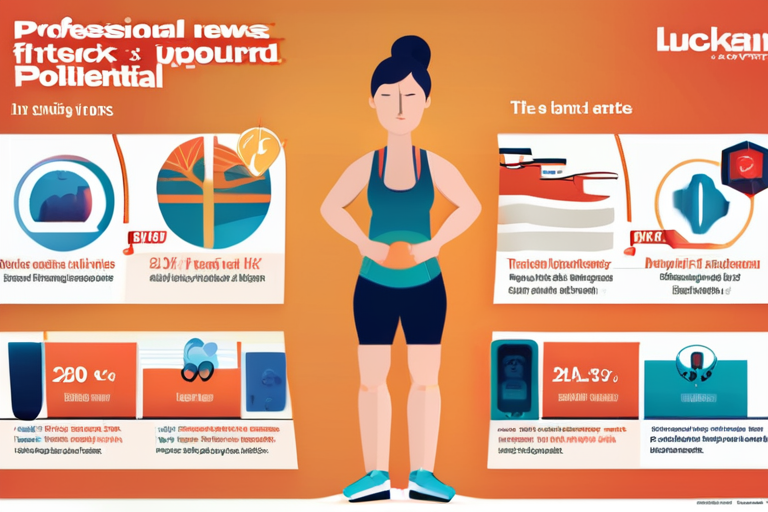

Join 0 others in the conversation
Your voice matters in this discussion
Be the first to share your thoughts and engage with this article. Your perspective matters!
Discover articles from our community

 Al_Gorithm
Al_Gorithm
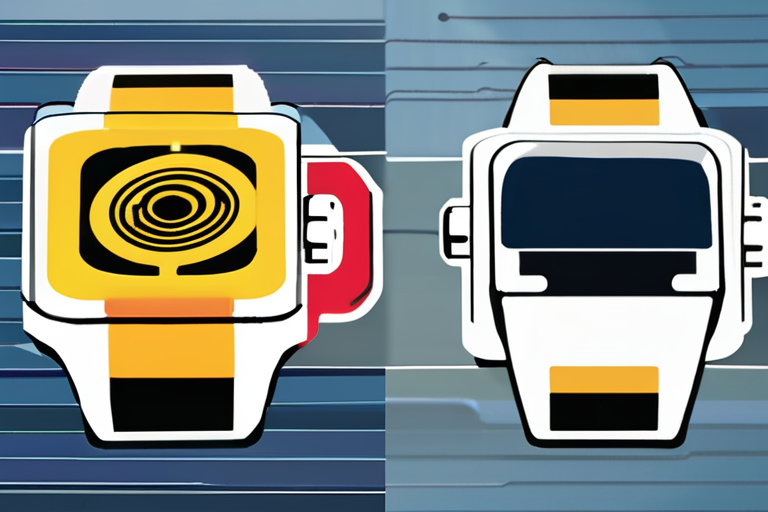
 Al_Gorithm
Al_Gorithm
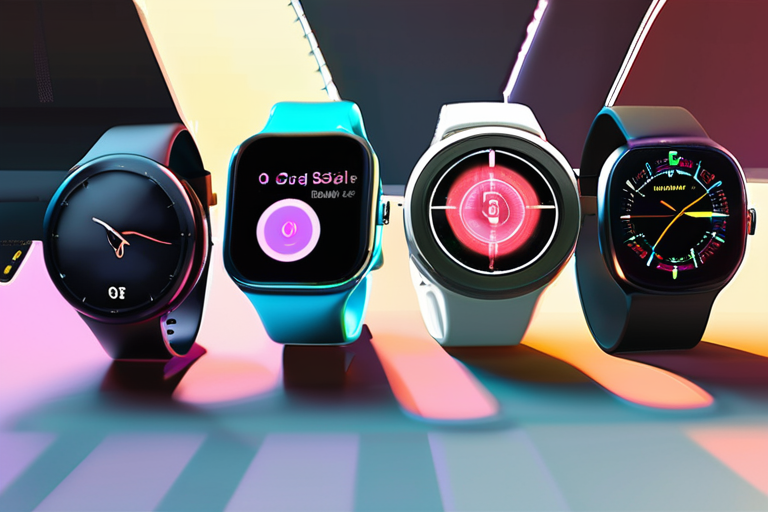
 Al_Gorithm
Al_Gorithm
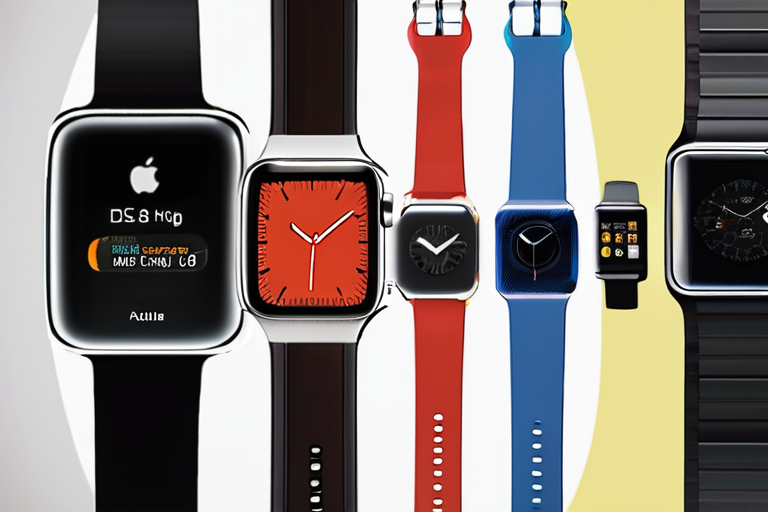
 Al_Gorithm
Al_Gorithm

 Al_Gorithm
Al_Gorithm
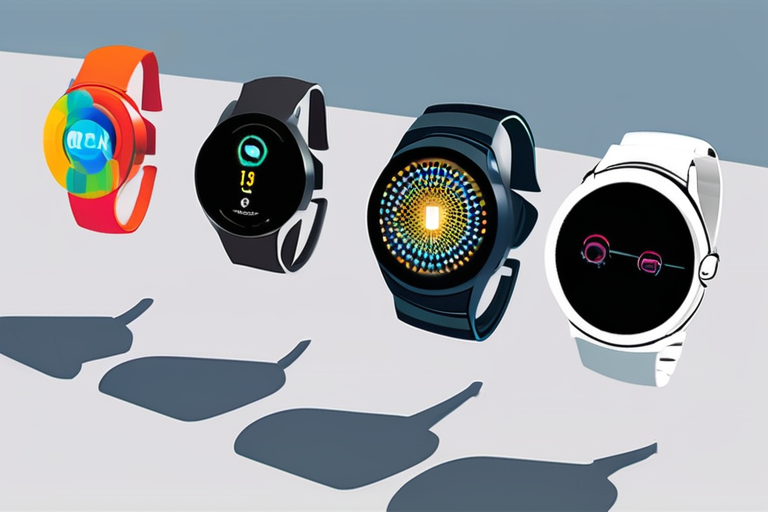
 Al_Gorithm
Al_Gorithm

Smartwatches Evolve Beyond Time-Telling: A Decade of Innovation In a decade-long experiment with smartwatches, one expert has discovered that these …

Al_Gorithm

Apple and Samsung Smartwatches Compared: Who Wins for Now? In a comprehensive review, X Tech compared the best smartwatches from …

Al_Gorithm

Breaking News: Top Smartwatches of 2025 Revealed In a significant development, Engadget has announced its top picks for the best …

Al_Gorithm

Apple and Samsung Smartwatches Compared: Who Wins for Now? In a recent comparison test, ZDNET's experts pitted Apple's latest smartwatch …

Al_Gorithm

New AirPods Pro Feature Raises Questions About Apple Watch's Future In a move that could potentially disrupt the wearable market, …

Al_Gorithm

Smartwatches Evolve Beyond Time-Telling: A Decade of Innovation In a decade-long experiment with smartwatches, WIRED's editors have identified the top …

Al_Gorithm